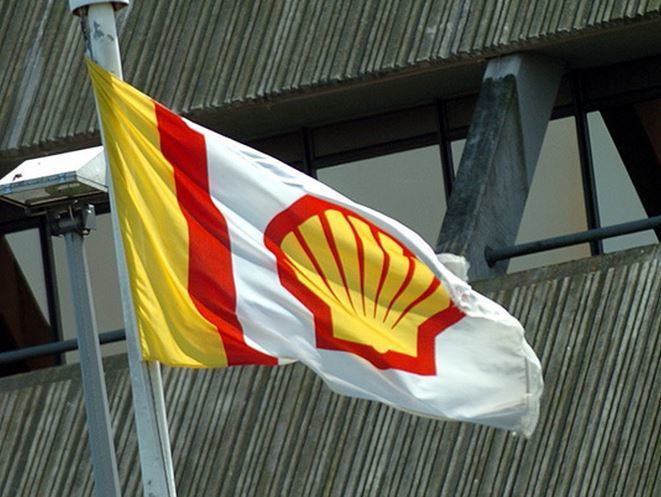
Oil giant Royal Dutch Shell is expected to reveal that profits more than doubled last year as it benefited from the surging cost of crude.
Brent crude has hit 71 a barrel for the first time in more than three years, boosted by supply curbs from oil cartel Opec, a record run of declines in US crude inventories and a weaker US dollar.
This has helped oil majors such as Shell and BP emerge from an extended slump which saw Brent fall as low as 27.26 in January 2016.
Shell reported a 47% jump in adjusted earnings to 4.1 billion US dollars (£3.9 billion) in the third quarter, thanks to the oil price rally.
And analysts are expecting more cheer as they predict Thursday’s annual results will show Shell’s adjusted earnings shooting up to £15.7 billion US dollars (£11 billion) from 7.2 billion US dollars (£5 billion) a year earlier.
Fund management experts at Hargreaves Lansdown recently praised Shell’s tactics since the oil price rout in 2014, including an aggressive cost-cutting drive and a 30 billion US dollar (£21 billion) divestment initiative.
They said: “This has left the group much more strongly cash-generative and reinforced Shell’s dividend-paying capabilities.
“Historically, Shell has an unparalleled track record for paying its dividend through thick and thin, having maintained or increased it every year since the end of the Second World War.”
The annual figures also come after a surprise move by the group to snap up gas and electricity supplier First Utility in a deal that will see Shell go head to head with the established Big Six energy providers.
It is understood that Shell sees the five million people who use its petrol
forecourts as potential energy customers.
Through the deal, Shell will become a direct energy provider to 825,000 British homes.
But Shell’s fourth-quarter figures are also set to reveal a hit from Donald Trump’s US tax reforms after it said last month that it would take an estimated charge of 2 billion (£1.4 billion) to 2.5 billion (£1.7 billion).
President Trump’s changes will see corporation tax in the US slashed from 35% to 21%, which will affect profits as companies have to recalculate the deferred tax assets built up on their balance sheets.
But Shell added that it expects to benefit in the long run, saying the January 1 changes are set to be “favourable” for the group and its US business.
Rival BP will reveal how it fared in last year’s oil price rally in full-year results due the following week on February 6.
Recommended for you
